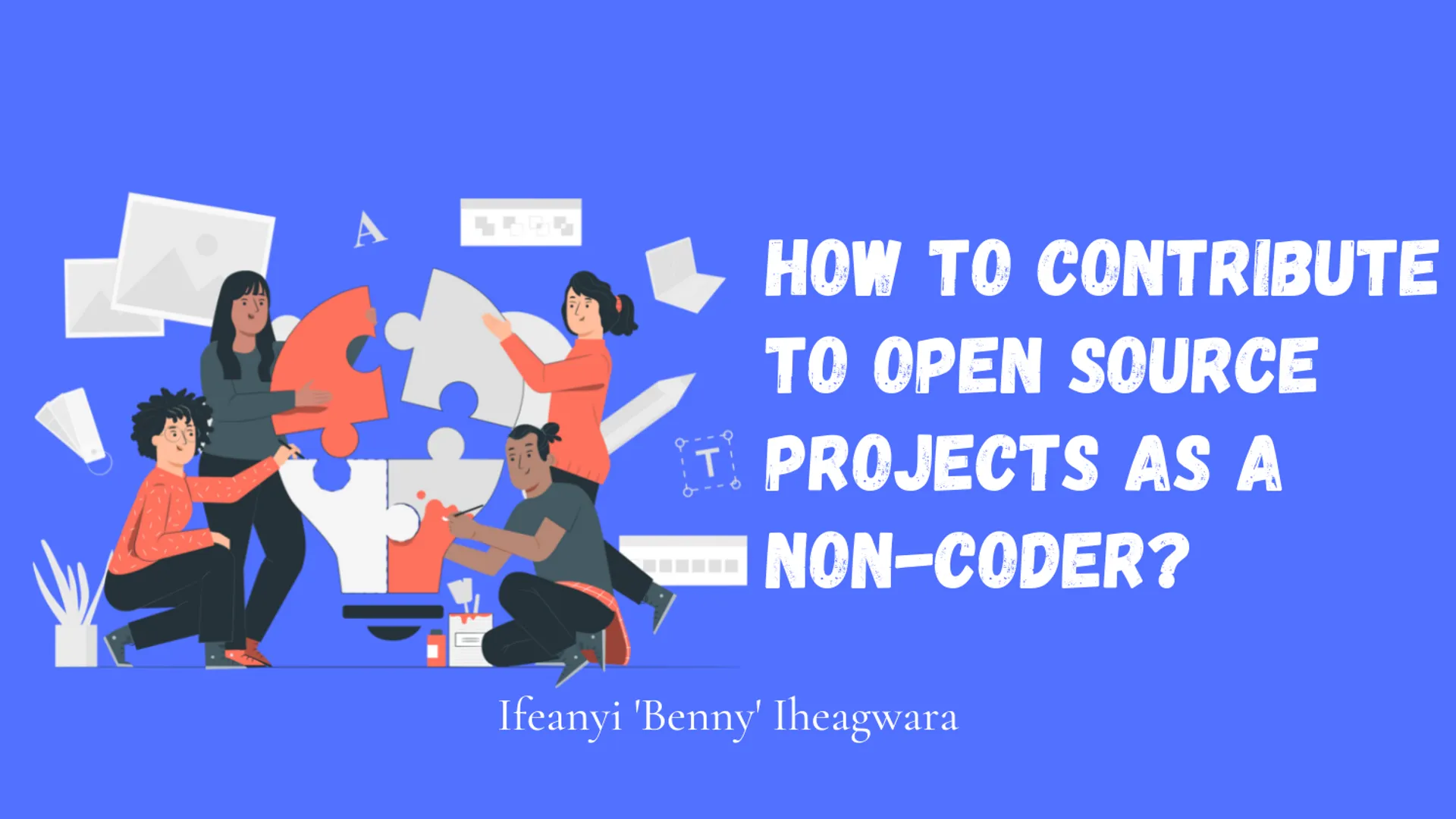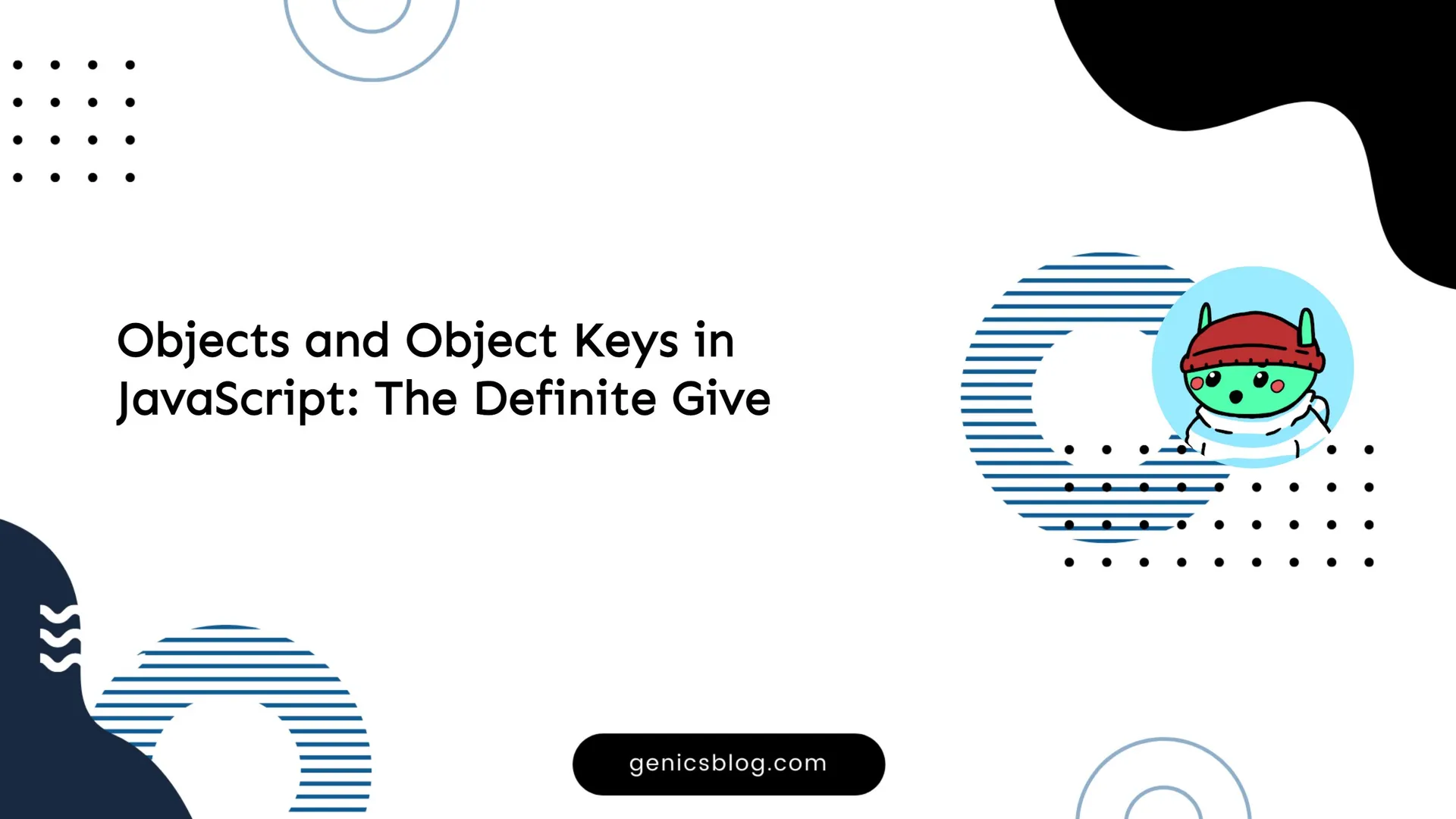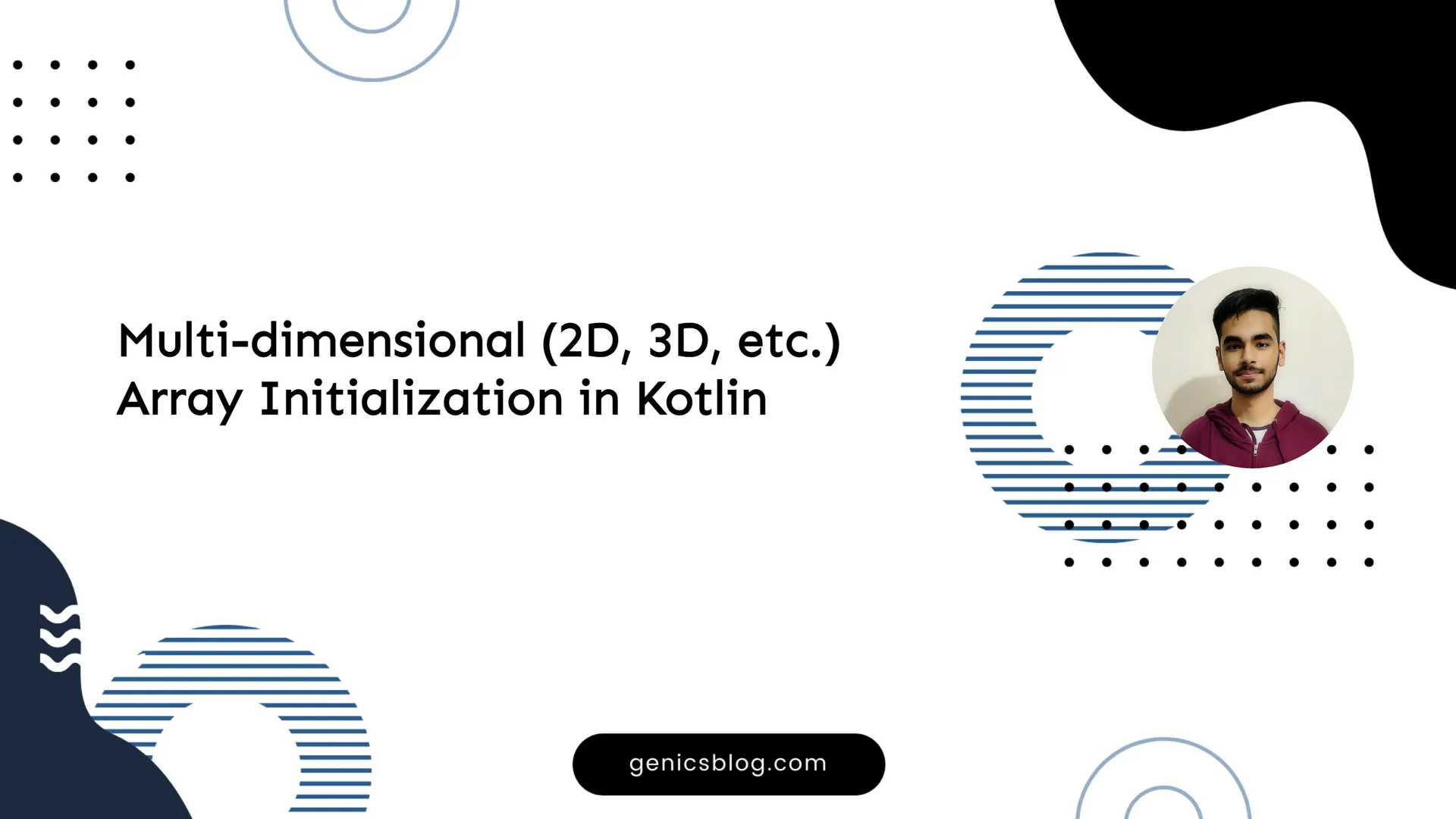A few weeks ago, I came across Edidiong Asikpo’s article about contributing to open-source projects. The article piqued my interest and I set out to learn how to contribute to open-source projects without possibly writing any code.

In this article, I will share with you what I discovered and also mention some non-code ways you can contribute, open-source projects you can contribute to, and helpful resources.
Table of Contents
- What are Open Source Projects?
- How can technical writers and non-code individuals contribute to open source projects?
- Benefits of contributing to open-source projects
- Open Source Projects
- Conclusion
- Helpful resources
What are Open Source Projects?
Open Source is a term used to describe software whose original source code is freely available, can be redistributed, and also modified. Open Source embodies a spirit of collaboration, transparency, and community-oriented contributions, among other things.
How can technical writers and non-code individuals contribute to open source projects?

Like many people, I used to think it was impossible to contribute to open source projects without having any coding skills but reading various articles written by Kesi Parker and Edidiong Asikpo helped debunk this notion.
In this section, I will mention some non-code ways you can contribute to open source projects as a non-coder.
-
Do you like to write? You can help to improve or write the project documentation. You can also create translated documentation for the project.
-
How about design? As a designer, you can contribute to open source projects by restructuring the project’s usability. You can also create a logo and style guide.
-
Have a knack for organizing perhaps? You can suggest issues labels and close open issues to keep the repository clean.
-
Do you enjoy assisting others? Moderate discussion boards and respond to questions on forums like Microsoft Tech Community, Reddit, and Stack Overflow.
-
Teaching? Write how-to and educational tutorials, as well as supporting materials. You can also create YouTube videos about the software.
-
Advocating? Organize project-related workshops or meetups. You could motivate others by telling them about your personal experiences.
-
Join testing and insider programs: Finding and reporting bugs, and providing honest feedback on a project can increase its success rate and provide a better user experience.
So no, you don’t have to code to contribute. While this is by no means an exhaustive list, it should be enough to get you started.
Benefits of contributing to open-source projects

While there are usually no direct monetary benefits to contributing, there are other ways you as a contributor can benefit:
- Upskilling and the opportunity to improve on existing skills.
- Creating a portfolio and personal achievement.
- Meeting like-minded people and networking.
- Understanding the application development and maintenance cycles.
- Community recognition.
- Self-recognition as an open-source contributor.
- Recommendation, referral, and increased job opportunities. Here is a testimony
- Mentorship and knowledge sharing.
- Community building.
- Compensation: There are rarely any direct monetary incentives. However, programs such as Google Season of Docs, Google Summer of Code, Hyperledger Mentorship Program, Outreachy, and the Open Collective bounty program pay you to contribute.
Open Source Projects

Today, there are a lot of open-source projects you can contribute to and it is up to you to choose the ones that interest you. Below are a few open-source projects you can choose from; take your time to go through each resource and see which one appeals to you.
- AWS
- Uber
- XWiki
- Netlify
- GitLab
- Fedora
- Gnome
- Mozilla
- Spotify
- Apache
- Kubernetes
- Wiki Design
- BeWelcome
- Microsoft Docs
- WordPress IOS
- GeeksforGeeks
- FreeCodeCamp
- Microsoft PowerShell
- Redox OS Summer of Code
- Linux Kernel Mentorship Program
- Open Mainframe Project Mentorship Program

You can also use GitHub Explore, Awesome Open-Source, and Open-Source Agenda to find more open-source projects. If you’re only interested in documentation, Amruta’s article can help, and WorkHub is a great place to start if you’re looking for job opportunities.
Conclusion.
Contributing can be both enjoyable and rewarding.
For a start, you should check out this repo
- beginner’s first contribution repository
- Hello Open Source by Irfan Maulana
- Awesome for non-programmers and make your first contribution right away.

Helpful resources.
-
Hacktoberfest 2021: Beginner-friendly projects
- Contributing as a designer:
- Contributing as a technical writer:
- How to contribute to open source projects as a beginner?
- Looking for the right fit? Finding the Right Open Source Projects to Contribute to
If you have read this far, I really appreciate it!
You can connect with me at Twitter, LinkedIn or Github.









